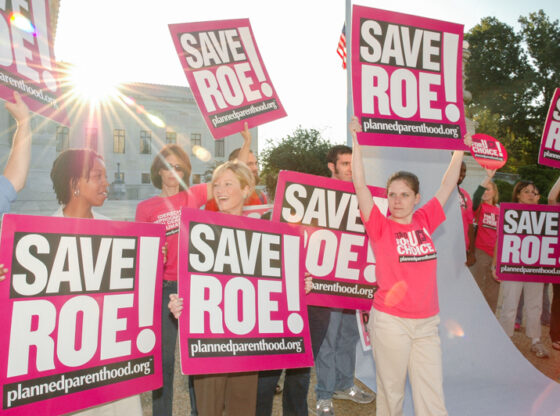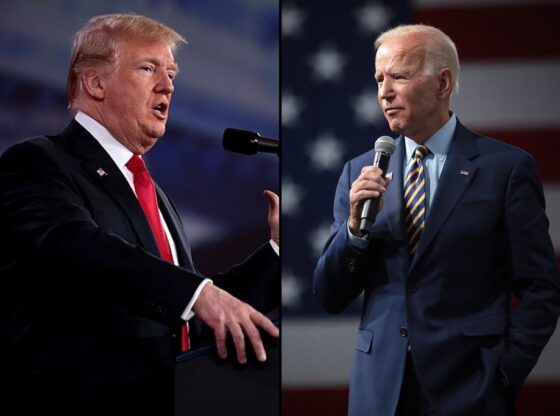It was the end of summer before my senior year of high school. I had just been accepted into a service organization at my school called PALS and was on the training retreat that we were required to go on before the school year started. I had just had a great first day at the retreat and I was looking forward to the guys tradition of gathering in someone’s cabin to stay up way past curfew to just hang out “as dudes.” After hearing that our chaperones were finally asleep, my roommate and I walked into the designated room for the convening of bros and I was immediately given a challenge: “Daniel! Three hottest girls in PALS, go!”
Anticipating the relatively innocent talk of crushes and cuteness that had been the subject of pubescent conservations with guy friends in junior high, I enthusiastically weighed in and felt the warmth of acceptance wash over me. But as the night continued, things got less innocent. Among a few of my classmates, the debate got much more in-depth, and consequently grew increasingly lewd, as I heard the mention of a certain girl at our school’s name responded to with “Dude! I f—— her!”
Though not my first encounter with it, this was not the kind of “male bonding” I was expecting or comfortable with. This, my friends, was “locker room talk.” It is a reality, and it is a problem.
Donald Trump’s use of this term to defend his disgusting bragging of sexual assaults last week has made me think quite a bit on the way men talk to each other. I’ve read letters from athletes justly calling him out and asserting that such talk is not what happens in locker rooms, and I’ve seen many politicians decry his speech as unacceptable for anyone, all of which are great responses.
But it’s natural to denounce these words as they come from a caricature of a candidate who’s been worthy of denouncing for a long time. It’s harder but more worthwhile to acknowledge not only that “locker room talk” exists to some degree in many private circles of men, but that it is powerful enough that a presidential candidate thinks it is a viable excuse for his actions.
Trump’s implication that objectifying women is something “guys just do” is a clear indication that rape culture has deep roots within our masculine social structure. It reveals that for many successful men in society, discussing women lustfully has mutated from a pubescent rite of passage like my experience into an acceptable part of their personality.
Obviously many of those guys from PALS were giving into peer pressure and grew up to be decent men, and in not all instances does “locker room talk” include claims as depraved as Trump’s. But how many of us, our friends, family members and coworkers have discussed female peers in vulgar terms, even though they’d never say the same things around women, because that would be impolite?
Men, we simply can’t let each other talk or think like this. Because we see it in articles from the Huffington Post or Jezebel, some of us think that “rape culture” and the objectification of women are just “PC”/liberal/feminist terms. But as a politically moderate, devoutly Catholic man, I tell you it’s not a matter of politics or ideology; these are universal problems with very real roots that we need to help put an end to.
Women are not entertainment for men. Our opinions on their looks are not a social convention, and our biology is not an excuse to objectify them. “Locker room talk” has nothing to do with “being a man.” If you really want to be a man, silence it the next time you hear it.










